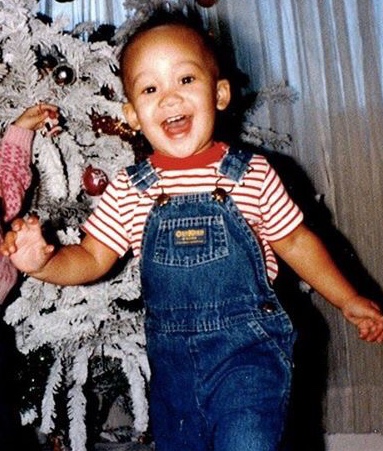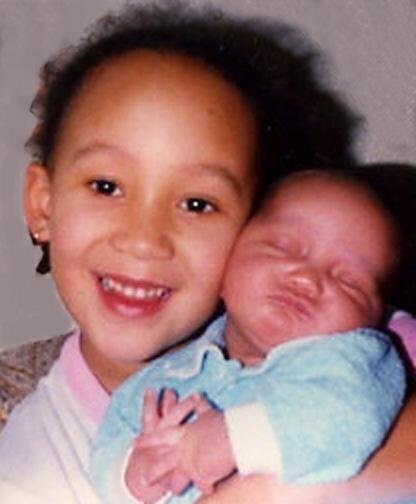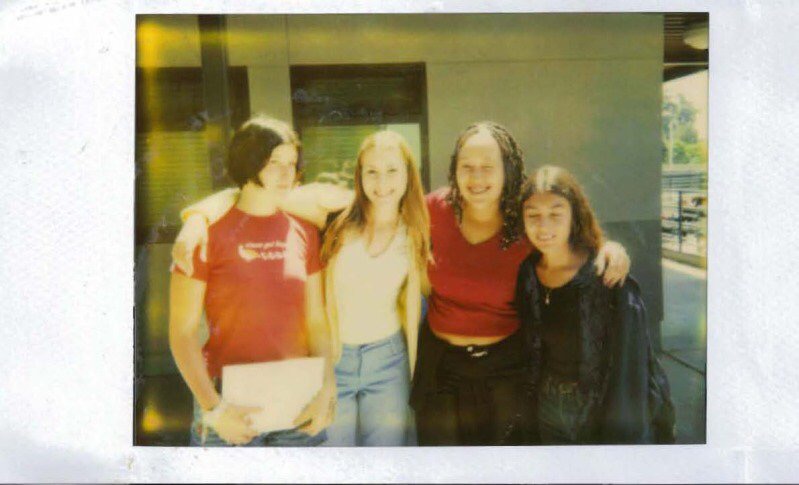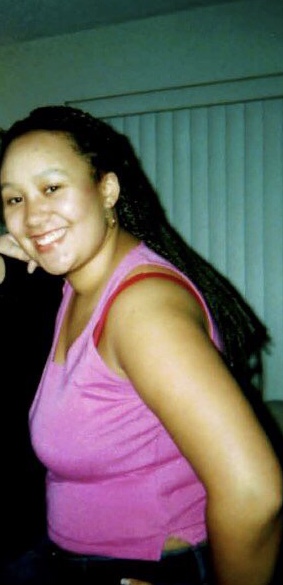Excerpt From The Memoir of A Magic Black Girl

I opened my eyes, as I trudged up the steps turning into the youth center. The youth center was a separate sanctum from the main congregation where young Christians connected with each other. Connect being the key word, wherein reality exercising their apathy for life and white privilege. Four white walls with one large, brown cross painted in the center.
Prior to opening my eyes, I had prayed for protection. I prayed for protection in church from those same Christians congregating in the youth center.
They spoke of me as if I couldn’t hear them, but in reality they spoke at me. They didn’t care though.
“Hey! That BLACK girl is here again! Hey BLACK GIRL! Why don’t you choreograph a dance for us? You’re black! All black people can dance can’t they?”
If it were a competition, I knew that I would win a dance off against this pale, lanky and ugly tomboy of a girl. This didn’t empower me though, it made me feel ashamed. Ashamed of my blackness and all features that told the world I wasn’t white.
I am happy to be here. I told myself.
This was after all an escape from my home.
Her words minced and cut my insides. Worse, her words took me to my first day of kindergarten. When I was four years old, a classmate had grabbed my hair without my permission, violated me and recoiled at the touch.
“Ew!” the boy had cried. I cried.
Why would someone say my hair grossed them out unless there was something wrong with it?

Years later, when I was fourteen years old I began attending church as a mechanism to cope with my depression. Not long after I began to attend, I became “saved, sanctified and redeemed through Christ”. What did that mean and how did it work exactly? That part was never clear. What the church-members did make clear was that their whiteness brought them closer to God and exonerated them from their racial intolerance.
Each time I arrived at church, with wide eyes I desperately searched the room for a friendly, adult face. Even if there was only a youth moderator around, I was semi-safe.
One sunny Southern California sunday, I walked into the main building to get a seat for the service. The same lanky, pale girl stood near her equally pale mother who had aged as gracefully as a burlap sack.
“Hey black girl! Mom, there’s that BLACK girl! Look at her!” She made no effort to hide the pleasure she took in her freedom to be openly racist.
Once again, my insides became twisted up. I sped past her and into the main seating area, but not before locking eyes with her mother. The mother remained silent but her eyes reflected approval. Not for me, but for her daughter. The other adults, whom I inaccurately assessed as my protectors, said nothing. That’s when I learned that silence is complicity.
When a white person remains silent about the racism they witness: they are accepting it.

This was only a preview to the scrutiny I would witness my entire life. I would witness those who believed that black people were their juggling monkeys. I would meet people whom believed black people are monkeys. I met more people than I could count that believed black people were only their entertainment props. Although slavery had “ended” over a century before, a mental grip still existed.
That grip was anti-blackness.
The grip they attempted to keep me under at church led to my incorrect belief that black wasn’t acceptable, beautiful, classy, intelligent and majestic. I accepted this because I thought I was safe.

The time came when I stared in the mirror and reflected what being black meant to me. I looked at myself through my eyes, but also I thought: how would I look through the eyes of Harriet Tubman, Frederick Douglass, Betty Shabazz and Toni Morrison? The epiphany washed all over me. My spiritual awakening gave witness to the fact that black is acceptable, beautiful, classy, intelligent and majestic. I am black.
Years after leaving the church the memory of the lanky, pale girl clouded my self-perception. I understood however, that all I needed to accept was that the moment the lanky, pale girl expressed her anti-blackness—she limited her ability to be magic.
4 Comments Add a Comment?
Nancy Anderson
What an amazing introduction to your experience of being black in "liberal" California. Powerful! You go, Meija!
Susan
Beautiful words from an amazing talent. I wish I could hug your young self but how awesome that you turned this pain into magic. How has this memoir not been published? Get this lovely writer a book deal already.
Michele Carroll
Thank you for sharing.
You are a gorgeous human with a beautiful heart and so much talent. I will be reading alllll of your blogs and sharing them with my girls. Not only can my children learn valuable lessons from this but also your writing style is amazing and my preteen daughter wants to be an author and I know she would appreciate your technique as much as your heart felt story!
Michele Carroll
Thank you for sharing. I am learning from you and your experiences and I just want you to know that I am sending you a lot of love. In case you didn’t already know... I have so much respect for you and I will be reading all your stories and wish I could give you a giant hug right now. But thank you again for sharing your story and amazing talent with us!